Introduction
Discover the Best Diet for Collie to ensure optimal health and energy levels
- Understand the essential nutrients that Collies need for a balanced diet
- Explore food options that support your Collie’s coat health and longevity
- Learn about portion sizes and feeding schedules tailored for Collies
- Find out how to avoid common dietary pitfalls and unhealthy ingredients
- Get expert recommendations on top-rated Collie food brands and recipes
1. Understanding Collie Nutritional Needs
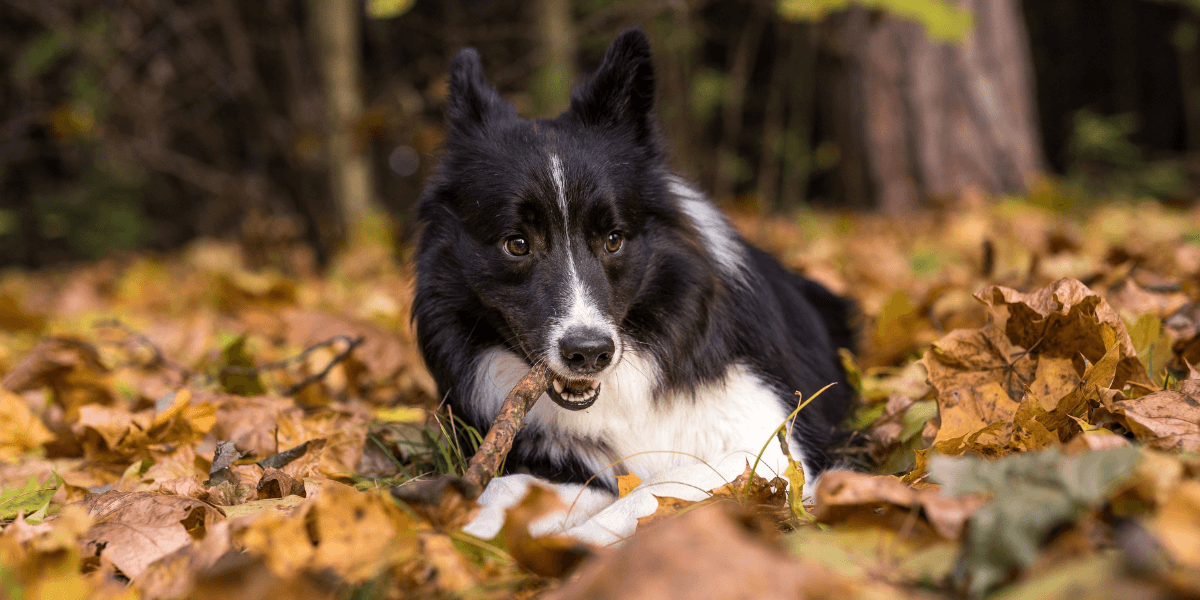
Collies have unique dietary requirements due to their large size and active nature.
- Life Stage: Puppies, adults, and senior Collies have different nutritional needs
- Activity Level: Active Collies require more calories and protein
- Health Conditions: Special diets may be needed for conditions like allergies
Key Points:
- Puppies need more protein and calories for growth
- Adult Collies require a balanced diet with adequate vitamins and minerals
- Senior Collies might need lower calories and joint-supporting nutrients
2. Essential Nutrients for a Healthy Collie
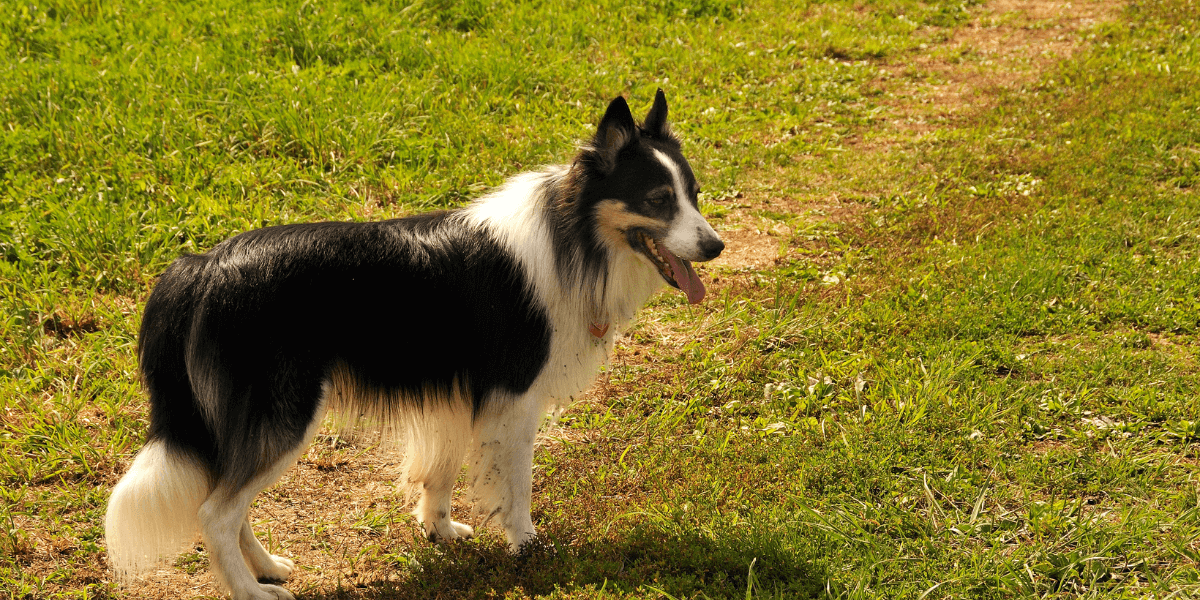
A well-rounded diet for a Collie should include the following essential nutrients:
- Protein: Look for high-quality animal proteins such as chicken, beef, or fish
- Fats: Omega-3 and omega-6 fatty acids are particularly important
- Carbohydrates: Opt for complex carbs like sweet potatoes and brown rice
- Minerals: Ensure a balance of essential minerals like calcium and phosphorus
- Water: Ensure your Collie always has access to fresh, clean water
- Fiber: Include fiber from sources like pumpkin and carrots to aid digestion
- Vitamins and Minerals: Food contains adequate levels of vitamins A, D, E, and B-complex
3. Choosing the Right Dog Food
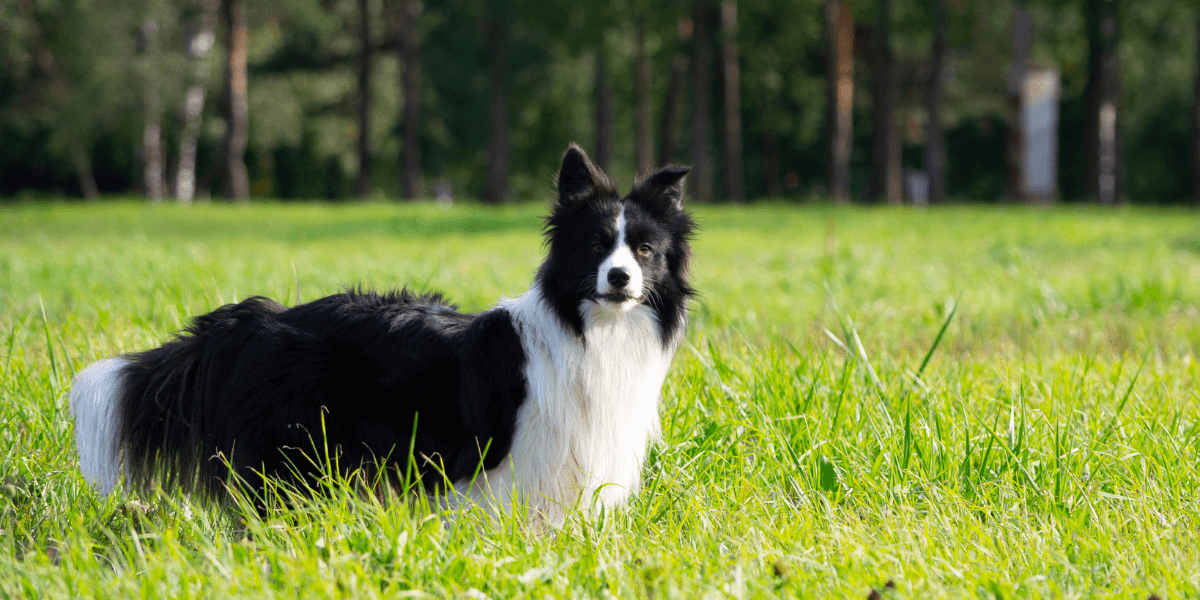
When selecting food for your Collie, consider the following factors:
- Ingredients: Opt for foods with high-quality, named meat sources and minimal fillers
- Brand Reputation: Choose reputable brands with a track record of quality
- Specific Formulas: Some Collies may benefit from breed-specific
Tips for Selection:
- Check for meat as the first ingredient
- Avoid foods with excessive fillers like corn or soy
- Look for AAFCO certification to ensure nutritional adequacy
4. Portion Control and Feeding Guidelines
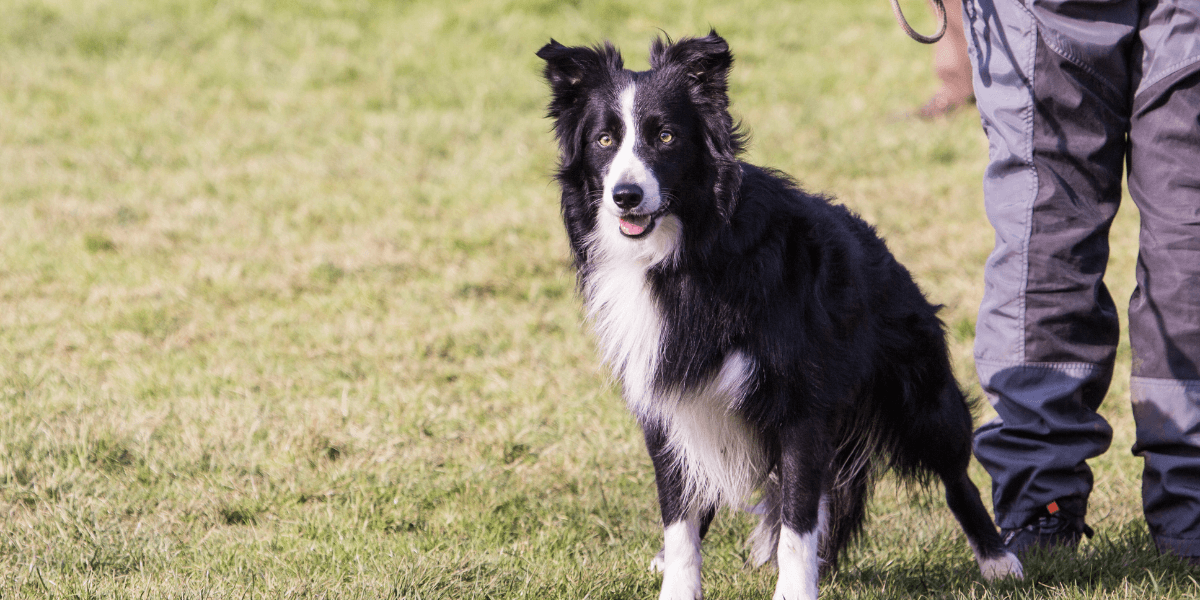
Proper portion control is crucial to maintain a healthy weight and avoid obesity.
- Serving Size: Adhere to the recommended serving sizes on the dog food packaging
- Frequency: Feed your Collie twice daily to regulate energy levels and digestion
- Monitoring: Adjust portions based on your Collie’s weight, age, and activity level
Feeding Schedule:
- Puppies: 3-4 meals per day
- Adults: 2 meals per day
- Seniors: 1-2 meals per day, depending on activity level
Ensure your Collie thrives with proper portion control; explore our guide on the best foods and supplements.
5. Homemade vs. Commercial Dog Food
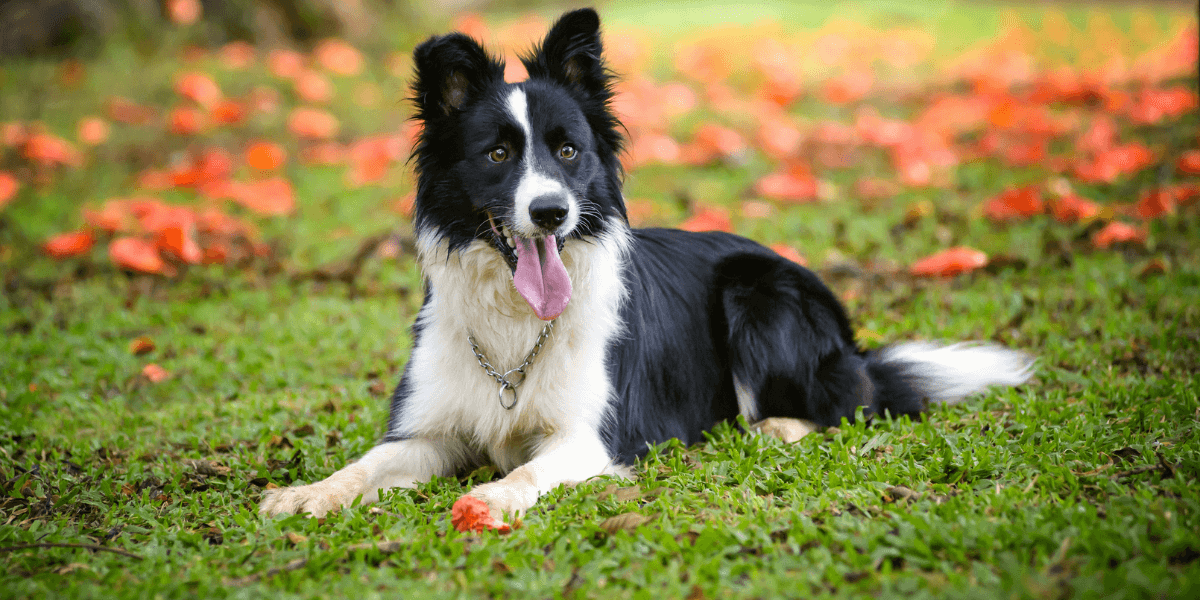
Both homemade and commercial diets have their pros and cons.
- Commercial Food: Be cautious of quality and ingredient transparency
- Homemade Food: Allows for customized nutrition but requires careful planning
Considerations:
- Commercial: Choose high-quality brands with transparent ingredient lists
- Homemade: Consult with a vet or pet nutritionist to create a balanced meal plan
6. Dealing with Food Allergies and Sensitivities
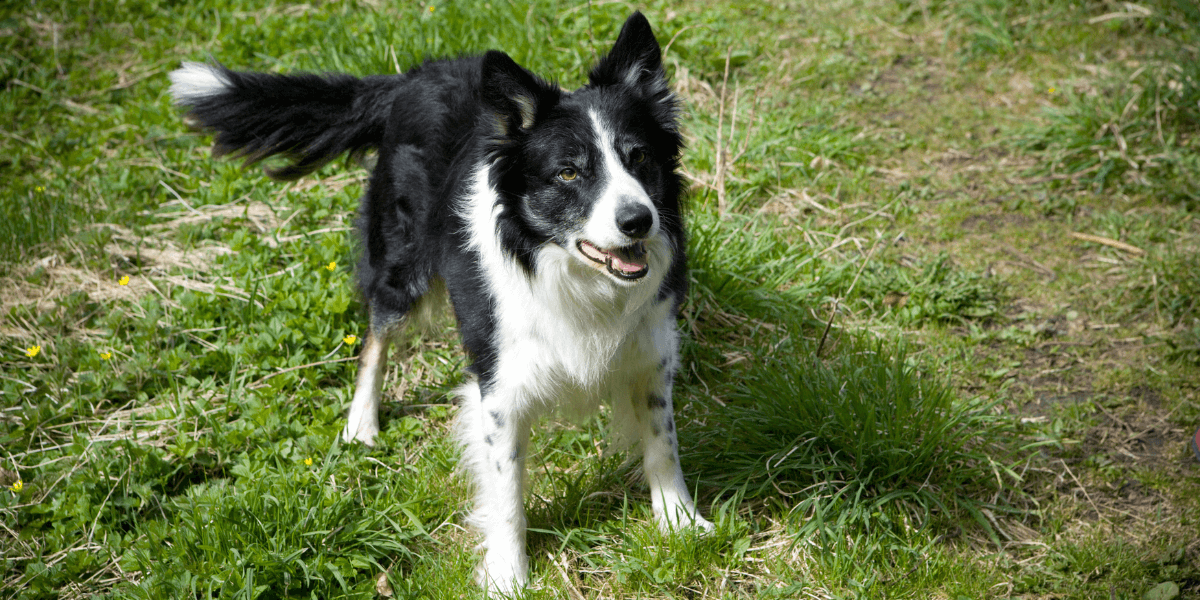
Collies can be prone to food allergies or sensitivities, Signs include:
- Itchy Skin: Frequent scratching or chewing
- Digestive Issues: Vomiting, diarrhea, or gas
- Ear Infections: Recurrent or persistent infections
- Skin Rashes: Watch for red, inflamed, or flaky patches on the skin
Management Tips:
- Elimination Diet: Identify and remove allergens from their diet
- Behavior Changes: Notice if your dog becomes irritable or lethargic
- Special Diets: Consider hypoallergenic or grain-free options if recommended by your vet
Address your Collie's food allergies effectively; learn from common health issues in German Shepherds.
7. Hydration and Treats
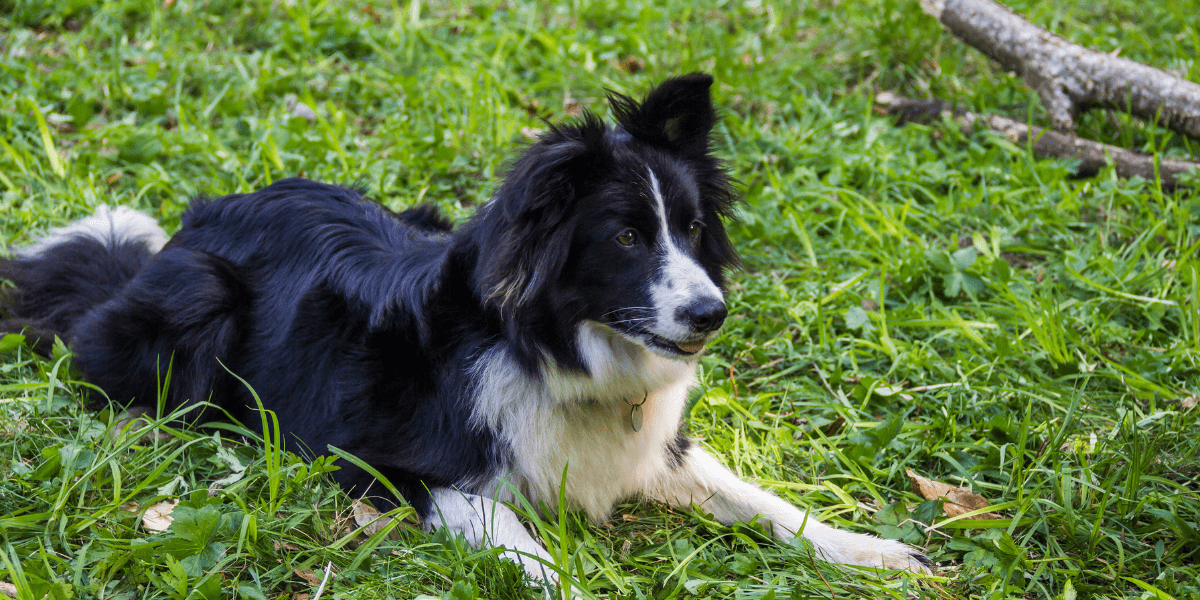
Don’t forget about hydration and treats in your Collie’s diet:
- Water: Ensure fresh water is always available to keep your Collie hydrated
- Treats: Use treats in moderation and choose healthy options like carrots
- Avoid Sugary Treats: Choose low-calorie, healthy treats to avoid health issues
Hydration Tips:
- Monitor Intake: Ensure your Collie drinks enough water daily
- Adjust for Activity: Increase water intake on hot days or after exercise
- Hydrate After Exercise: Offer water breaks during play or exercise to prevent dehydration
Keep your Collie hydrated and pampered; discover coat care and hygiene tips from Bernese Mountain Dog grooming.
FAQs
1. What is the Best Diet for Collie puppies?
- A balanced mix of proteins, fats, and carbs is ideal for Collie puppies
2. How often should I feed my Collie?
- Feed adult Collies twice a day to maintain energy and prevent obesity
3. Are there specific foods Collies should avoid?
- Yes, avoid foods high in fillers, artificial additives, and human snacks
4. Can I use homemade food for my Collie?
- Homemade diets are fine if they are nutritionally balanced and vet-approved
5. What’s the Best Diet for Collie with allergies?
- Look for hypoallergenic formulas or consult a vet for tailored recommendations
6. How much should I feed my Collie daily?
- It depends on age, weight, and activity level
7. Are there special diets for senior Collies?
- Yes, senior Collies may benefit from diets lower in calories but high in nutrients
Conclusion
- Following the Best Diet for Collie ensures a healthier, happier dog
- Tailor your Collie’s diet to their age, size, and activity level for best results
- Regularly review and adjust your Collie’s diet based on their health needs
- Consult your vet to optimize the nutrition plan for your Collie
- Invest in high-quality food to support your Collie’s overall well-being and vitality
Share this post and join the conversation in the comments!
References
For more information on the Best Diet for Collie, check:
- Ideal Diet for Collies – The Ultimate Collie Feeding Guide
- Helpful Guide to the Best Food for Collie Dogs
- Orthopedic Dog Beds for Large Dogs: A Comprehensive Guide
- Best Diet for Collie Dog
- Top Orthopedic Beds for Large Dogs with Hip Dysplasia
- Orthopedic Dog Beds: Help for Senior Dog Arthritis?
Thank you!




